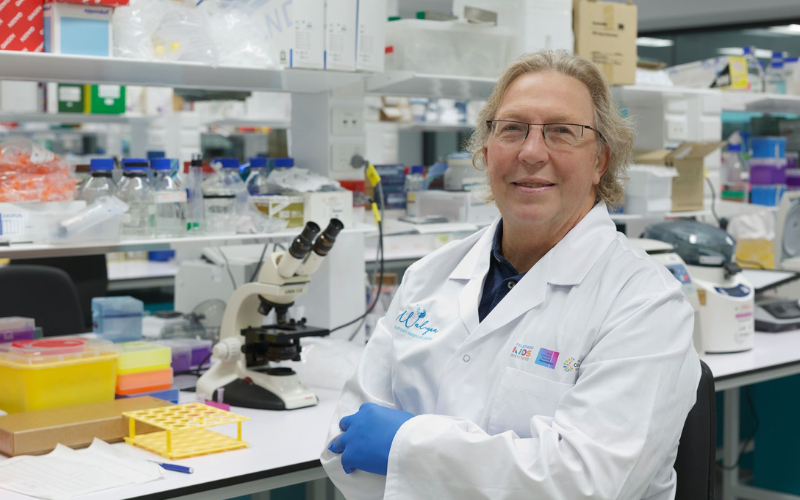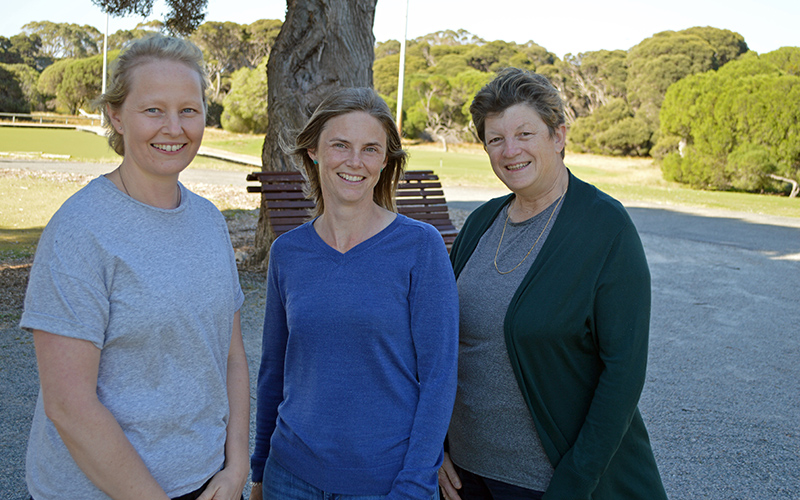Search
Research
Fetal growth restriction and risk of cerebral palsy in singletons born after at least 35 weeks' gestationThe objective of the study was to improve the understanding of etiological paths to cerebral palsy (CP) that include fetal growth restriction by examining...
Research
Hierarchy and molecular properties of house dust mite allergensThe allergenic load of house dust mite allergy is largely constituted by a few proteins with a hierarchical pattern of allergenicity.
Research
MS in South Asians in England: Early disease onset and novel pattern of myelin autoimmunityEpidemiological studies describe a latitude gradient for increased MS prevalence and a preponderance of disease in Caucasian individuals.
Research
Women and children: Climate change adaptation by community based health and social service organisationsInternationally, mortality from disasters is higher for women and children.
Research
Genetic studies of body mass index yield new insights for obesity biologyTo understand the genetic basis of obesity better, here we conduct a genome-wide association study and Metabochip meta-analysis of body mass index (BMI),...

News & Events
Seven innovative lung health research projects supported by Wal-yan Centre fundingSeven innovative lung health research projects have received funding support as the 2023 Wal-yan Respiratory Research Centre Strategic Inspiration Projects.

News & Events
State Government grant to support development of new therapies for respiratory virusesA project to be undertaken by a team of researchers at the Wal-yan Respiratory Research Centre, led by chief investigator Professor Stephen Stick, aims to develop interventions that could provide protection in the event of a new pandemic, and against common viruses already infecting children in WA.

News & Events
Preterm respiratory researchers share what World Prematurity Day means to themPreterm researchers Dr Shannon Simpson (left) and Professor Jane Pillow (right) with Tony Sparks WA chairperson Amber Bates.

News & Events
Boosting mums’ immunity could save newborns from deadly respiratory virusesPerth respiratory researchers have discovered that giving an immune booster to mothers during pregnancy could increase their newborns’ resistance to severe and life-threatening respiratory viral infections.

The Wal-yan Respiratory Research Centre conducts research into a wide range of childhood respiratory disease areas.
